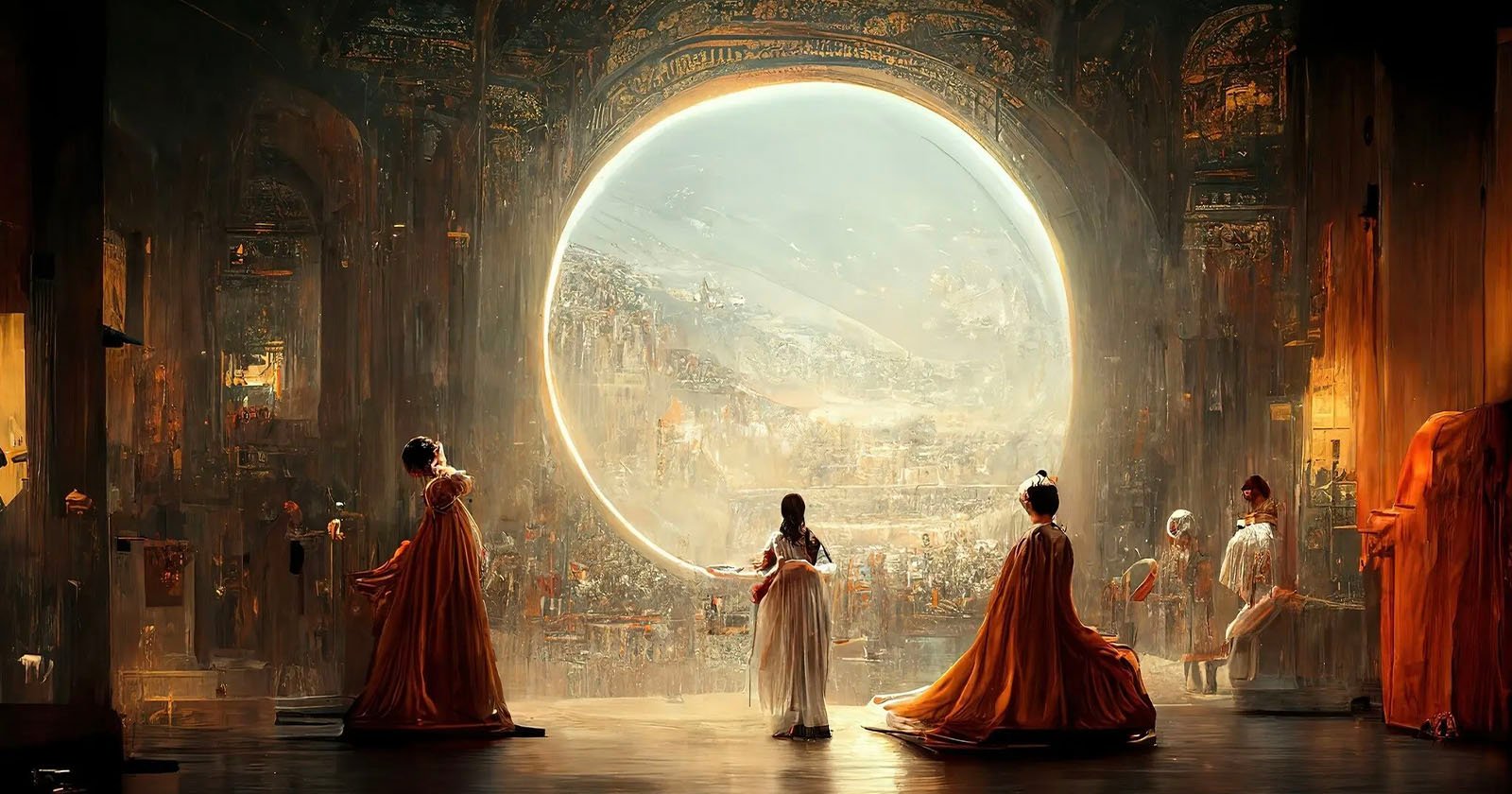An artist who infamously duped an art contest with an AI image is suing the U.S. Copyright Office over its refusal to register the image’s copyright.
In the lawsuit, Jason M. Allen asks a Colorado federal court to reverse the Copyright Office’s decision on his artwork Theatre D’opera Spatialbecause it was an expression of his creativity.
Reuters says the Copyright Office refused to comment on the case while Allen in a statement complains that the office’s decision “put me in a terrible position, with no recourse against others who are blatantly and repeatedly stealing my work.”



That depends on what is proprietary to the company. If they have created the system and the model, then both.
That is a highly subjective point of view. Let’s look at music. If a musician loses their arms and can no longer play an instrument, but instead dictates the chords to someone else to play, who is the artist? Who can claim ownership of the piece?
Spoken like someone who has never used an LLM before and thinks it magically produces exactly what you want on the first time, every time.
No, that’s everyone else’s argument. Mine is that the tool is the LLM, and that when art is created with it, it should be open to copyright.
Then that musician becomes the composer who can copyright the sheet music. The one who plays the chords becomes the performing artist and can copyright the performance.
I have used LLMs extensively, several versions and types. I know how that shit works. And no I do not think that its results are deterministic and accurate.
The LLM is the “artist” as it produces the image. And you can’t claim copyright for someone else.
That is if they actually composed the music. In the case of someone saying I want a song that is ABAG, and they ask that it be written down because they cannot write it down themselves, the person who writes down ABAG isn’t the composer, they are an extension of the pen that writes the note–they have become a tool.
The LLM gives you what you ask for based on a random seed and keywords in your prompt. It has no will of it’s own. It cannot exert its will over the image. It simply outputs. As I’ve said in another part of this thread, if I tie a bucket of paint with hole to a rope and sling the bucket of paint over a canvas, does the bucket of paint get credit for being the artist? Does the rope? No. They had no will. Even though my input was minimal, and the results most assuredly random, I am still the artist by all accounts, and as such may copyright my random sprays of paint should I deem them worthy. My intent has created the art–my desire. The machine cannot create because it cannot exert its will. It simply does what it is asked and outputs.
Then we are again in a commissioner situation. The guy who commissioned a composer to write them a song according to their specifications.
In regards to your bucket of paint.
That’s an art installation which you can copyright. The resulting artwork on the canvas can’t be.
Do you have anything to back that up?
Threshold of Originality.
Damien Hirst and Jackson Pollock would like to have a word with you.
I would not be qualified to talk to Hirst or a dead painter. They would have to take it with the Copyright law.
Well, it’s been great chatting. Have a good one.